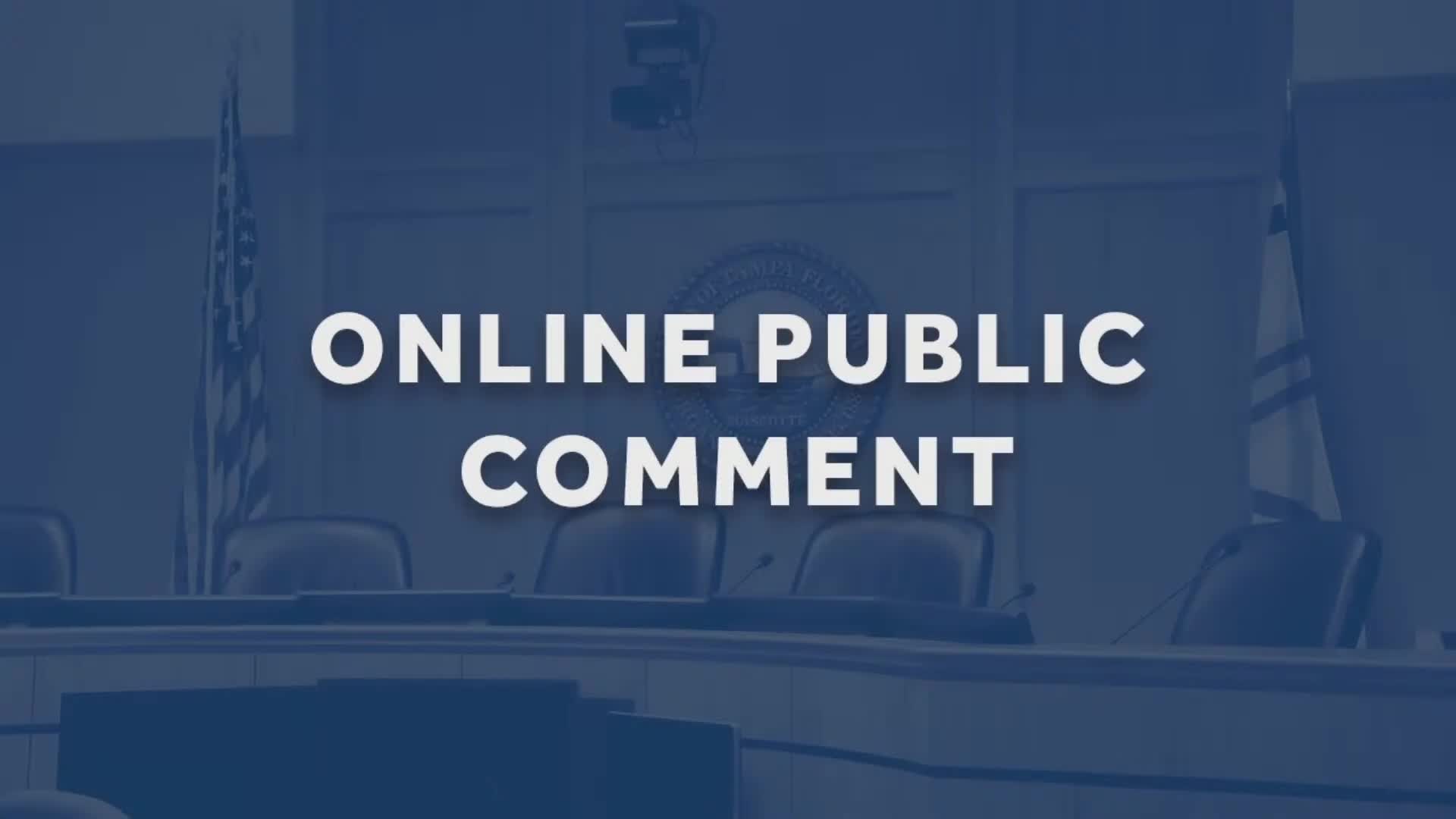ArtSpace Projects Seeks Funding for Affordable Housing in Tampa
August 02, 2025 | Tampa, Hillsborough County, Florida
This article was created by AI summarizing key points discussed. AI makes mistakes, so for full details and context, please refer to the video of the full meeting. Please report any errors so we can fix them. Report an error »

In a recent Tampa City Council meeting, community voices echoed through the chambers, advocating for critical initiatives aimed at enhancing the city’s cultural and social fabric. The discussions highlighted two significant projects: the ArtSpace Portable Housing initiative and the Memorial Park initiative, both of which aim to address pressing community needs.
The meeting began with a passionate plea from a representative of ArtSpace Projects, who underscored the importance of affordable live-work spaces for artists in Tampa. The speaker emphasized that without such spaces, the city risks losing the very creatives who enrich its culture and economy. “This project is more than just housing; it’s an investment in our city’s future,” they stated, urging council members to support the necessary predevelopment funding. The call for action resonated with many, as the arts community in Tampa continues to face challenges in maintaining affordable living conditions.
Following this, Michael Randolph, a former resident of Robust Park Road, shared a deeply personal connection to the Memorial Park initiative, which seeks to honor the memory of over 800 forgotten souls. Randolph described the project as a moral obligation, advocating for the council’s support in land swaps and funding to create a memorial and genealogical research center. “Let us honor the past with action,” he urged, highlighting the project’s potential for emotional healing and community education.
As the meeting progressed, other community members voiced their concerns and suggestions. Dr. Alex Harris expressed gratitude for the support of the arts, while Connie Burton raised critical questions about the housing authority’s effectiveness in addressing the needs of the poor. She urged the council to ensure accountability and transparency in the reappointment of housing authority members, emphasizing the urgent need for action on housing issues.
The discussions also touched on the importance of youth programs and the need for better support for young people with disabilities. Burton pointed out the challenges faced by these programs and called for more intentional efforts to provide opportunities for all youth in the community.
As the meeting concluded, the council was left with a clear message: the community is eager for action and support on initiatives that not only honor the past but also invest in the future of Tampa. The voices of residents, artists, and advocates serve as a reminder of the city’s vibrant spirit and the collective responsibility to nurture it. The council’s decisions in the coming weeks will be pivotal in shaping the future of Tampa’s cultural landscape and addressing the pressing needs of its residents.
The meeting began with a passionate plea from a representative of ArtSpace Projects, who underscored the importance of affordable live-work spaces for artists in Tampa. The speaker emphasized that without such spaces, the city risks losing the very creatives who enrich its culture and economy. “This project is more than just housing; it’s an investment in our city’s future,” they stated, urging council members to support the necessary predevelopment funding. The call for action resonated with many, as the arts community in Tampa continues to face challenges in maintaining affordable living conditions.
Following this, Michael Randolph, a former resident of Robust Park Road, shared a deeply personal connection to the Memorial Park initiative, which seeks to honor the memory of over 800 forgotten souls. Randolph described the project as a moral obligation, advocating for the council’s support in land swaps and funding to create a memorial and genealogical research center. “Let us honor the past with action,” he urged, highlighting the project’s potential for emotional healing and community education.
As the meeting progressed, other community members voiced their concerns and suggestions. Dr. Alex Harris expressed gratitude for the support of the arts, while Connie Burton raised critical questions about the housing authority’s effectiveness in addressing the needs of the poor. She urged the council to ensure accountability and transparency in the reappointment of housing authority members, emphasizing the urgent need for action on housing issues.
The discussions also touched on the importance of youth programs and the need for better support for young people with disabilities. Burton pointed out the challenges faced by these programs and called for more intentional efforts to provide opportunities for all youth in the community.
As the meeting concluded, the council was left with a clear message: the community is eager for action and support on initiatives that not only honor the past but also invest in the future of Tampa. The voices of residents, artists, and advocates serve as a reminder of the city’s vibrant spirit and the collective responsibility to nurture it. The council’s decisions in the coming weeks will be pivotal in shaping the future of Tampa’s cultural landscape and addressing the pressing needs of its residents.
View full meeting
This article is based on a recent meeting—watch the full video and explore the complete transcript for deeper insights into the discussion.
View full meeting